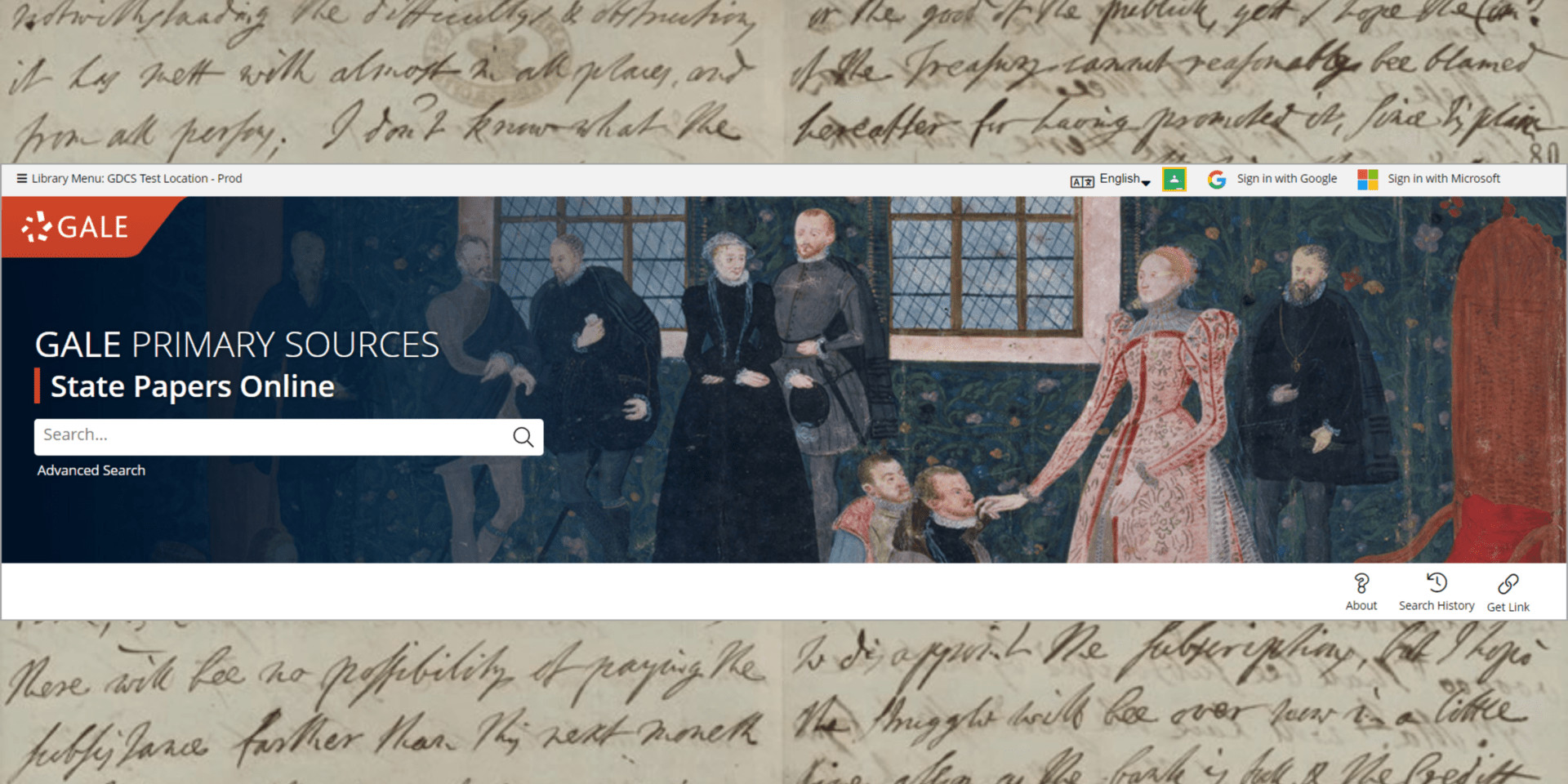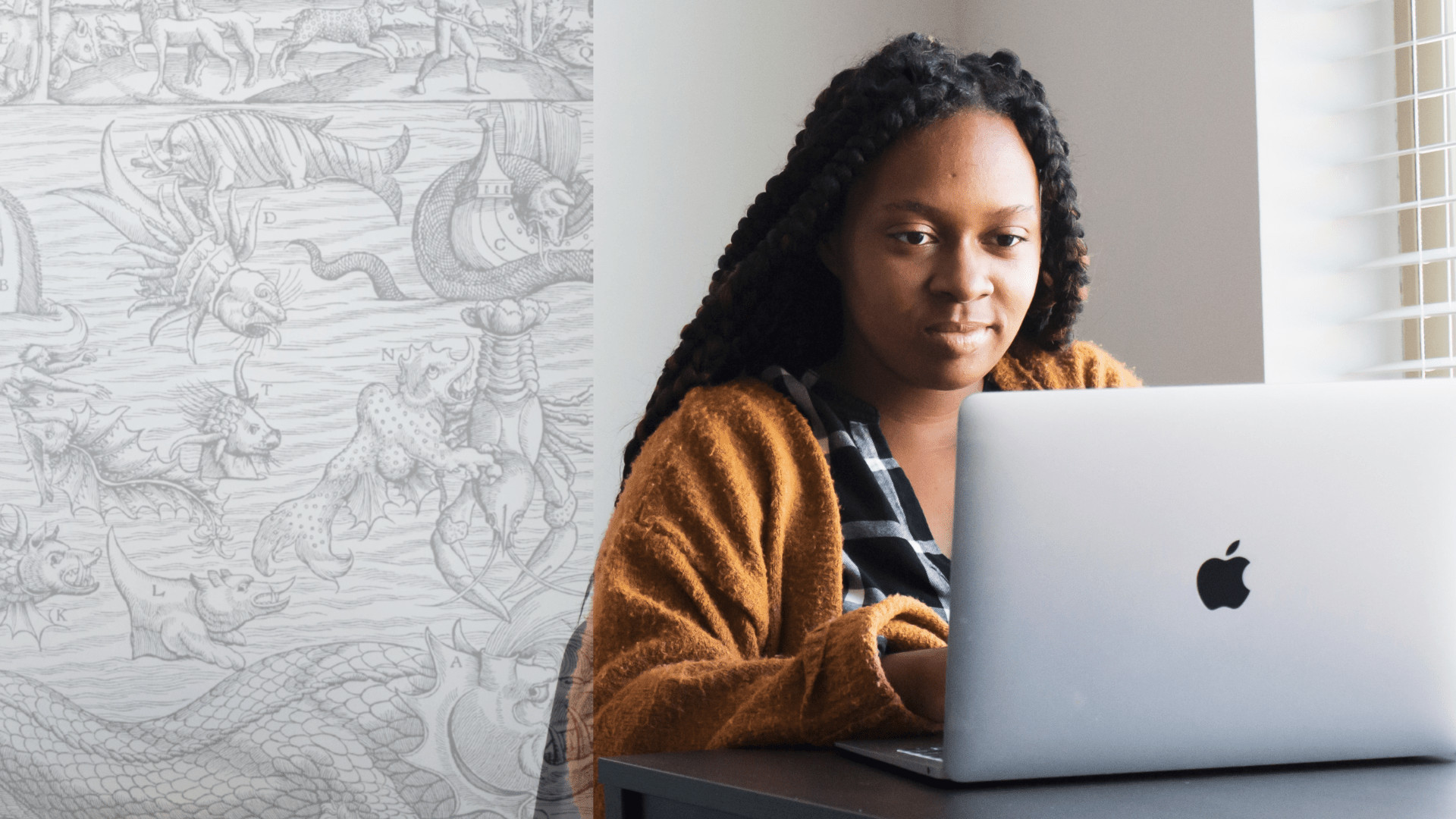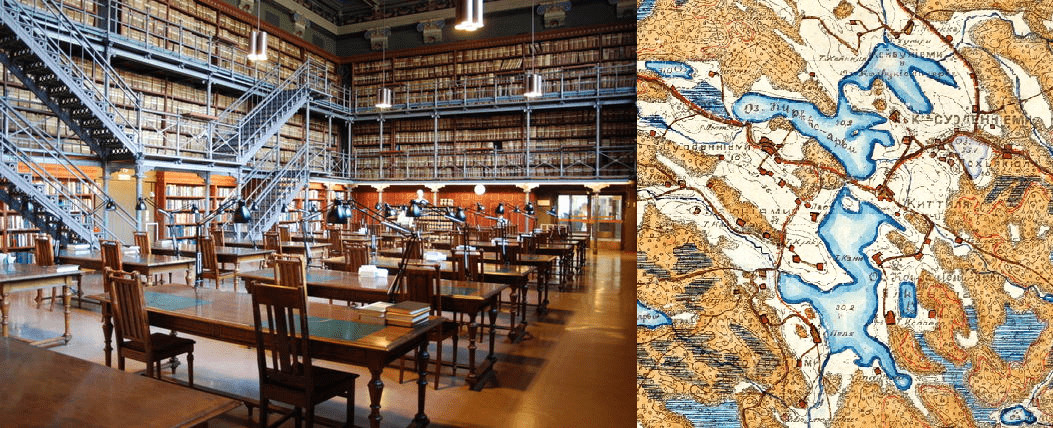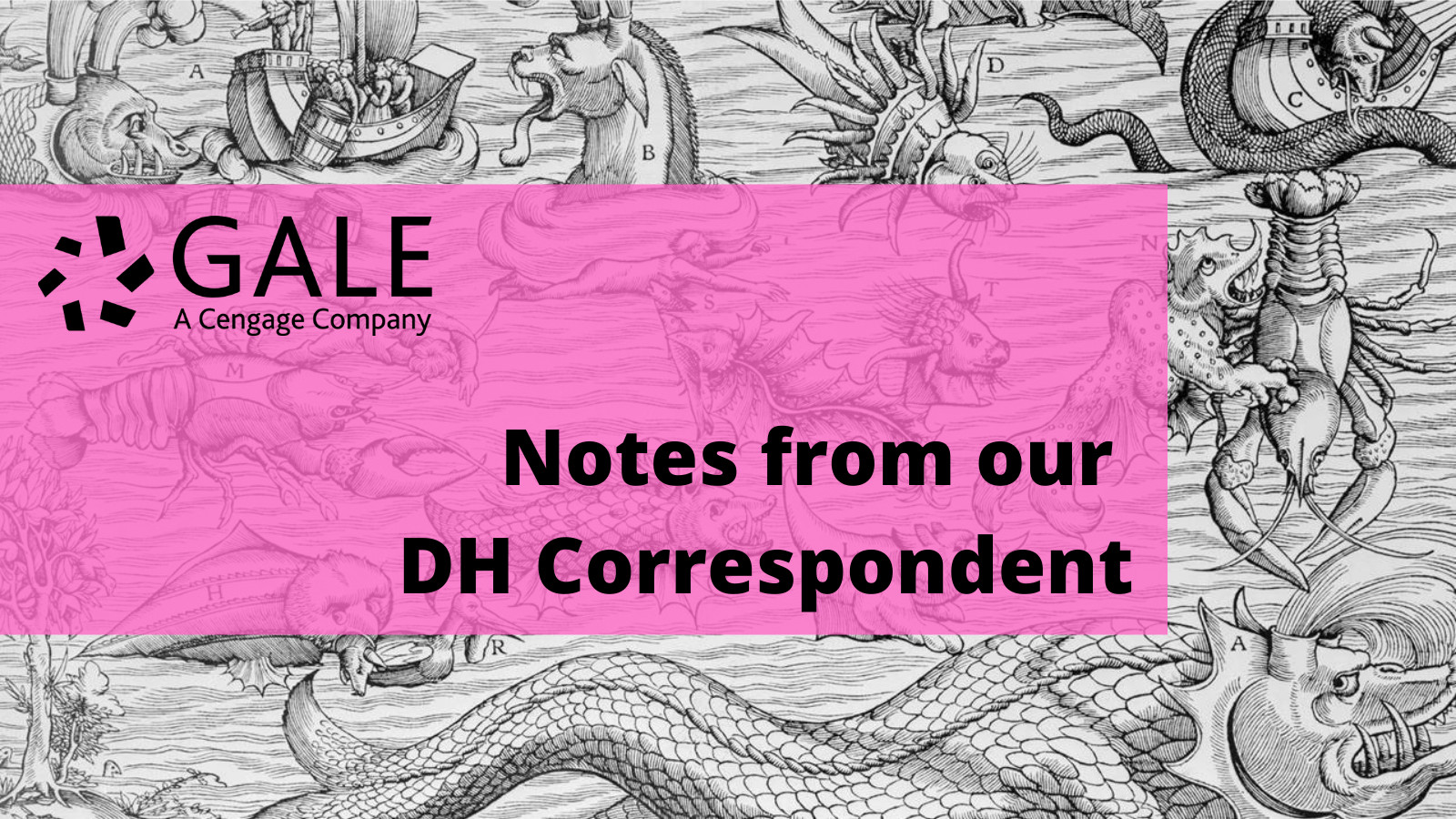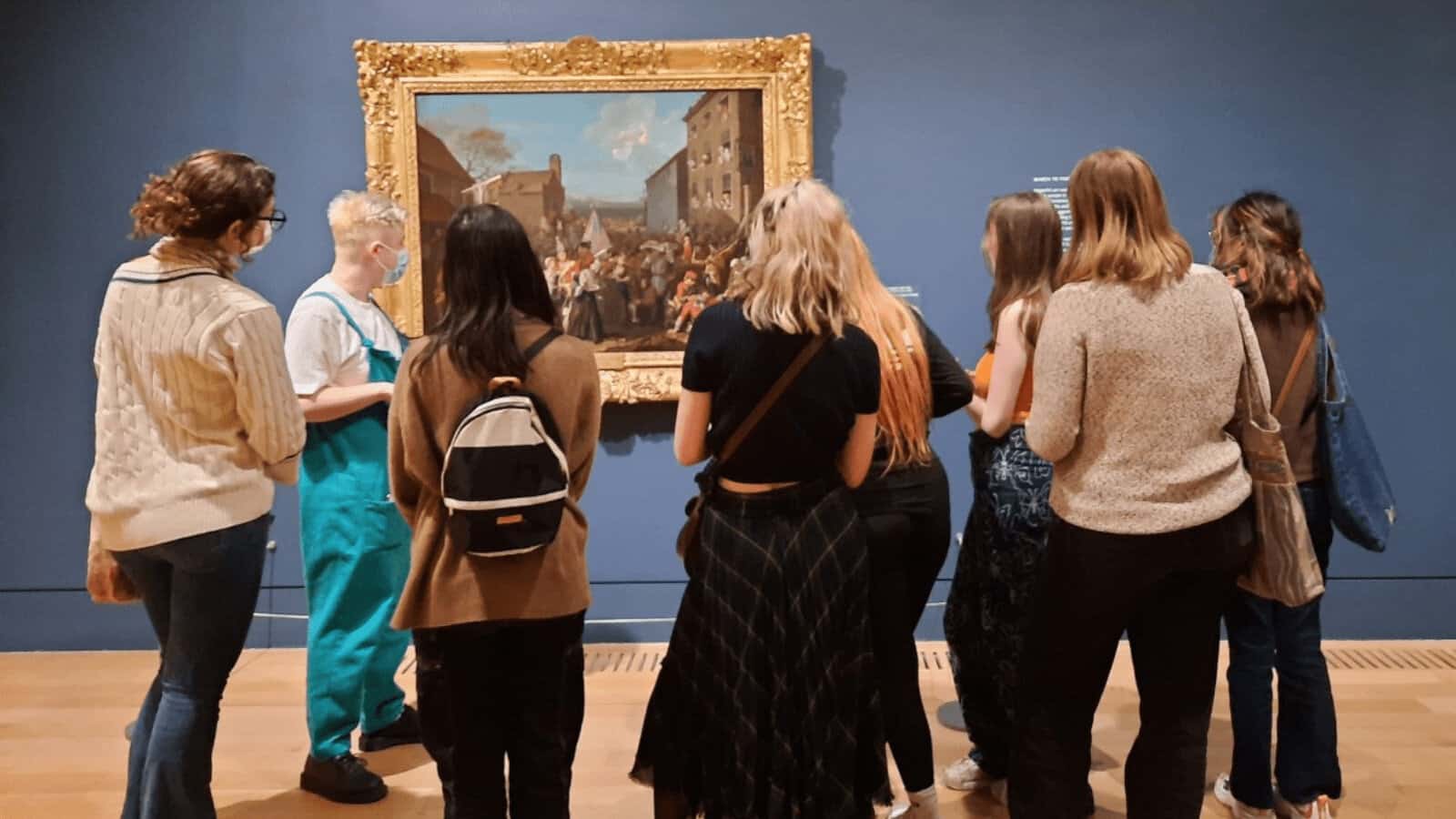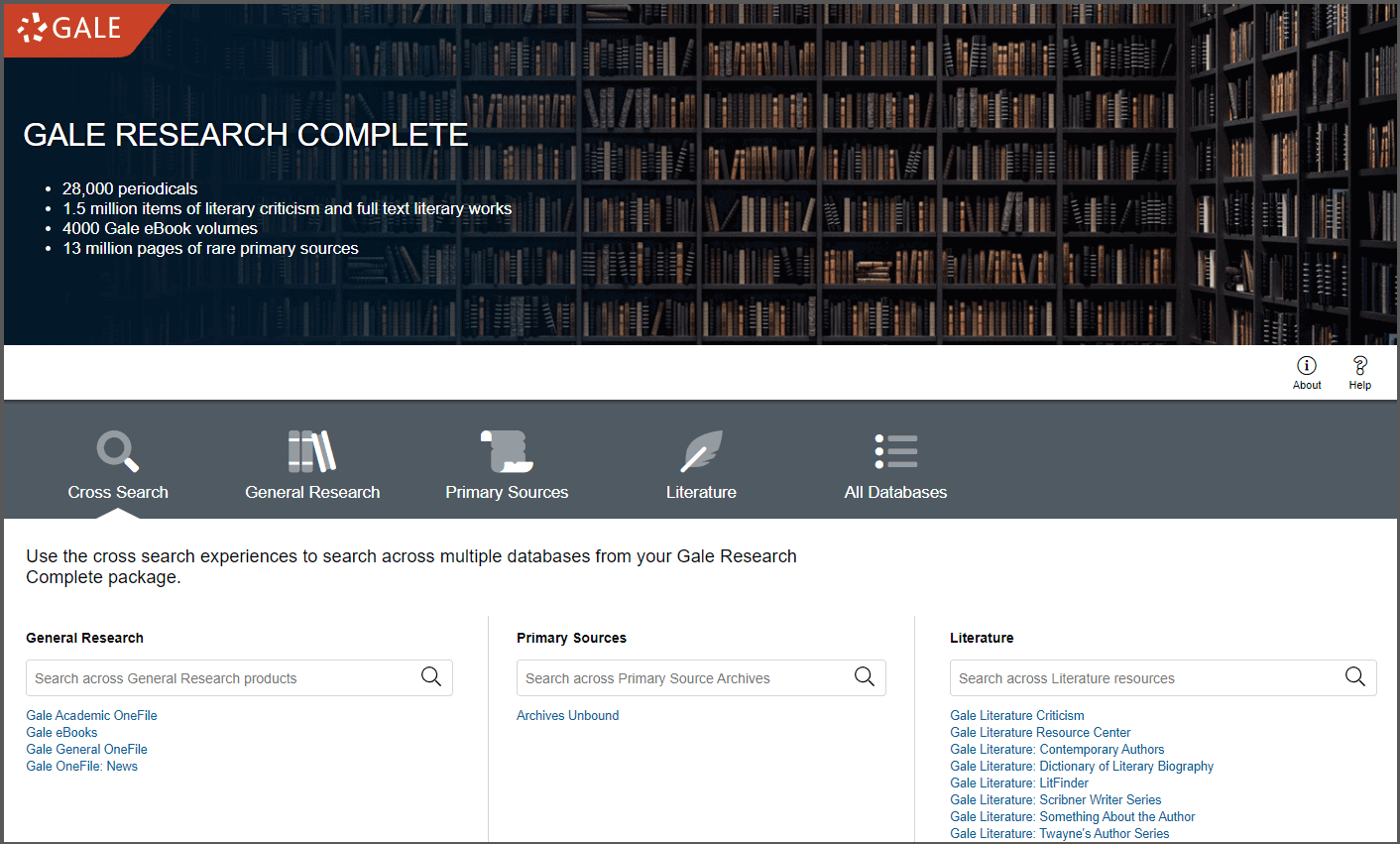|By Megan Sullivan, Senior Product Manager, Gale Primary Sources|
I am delighted to share that after several years of research and technical preparation, an updated experience for State Papers Online (SPO) will be ready to preview on Monday, August 1, 2022. This will be a “soft launch”, meaning that on this date, users can access the beta version of the new State Papers Online from a link that will be available from the current SPO homepage. We encourage users to try the new experience and send us their feedback. We are also recruiting for paid user interviews and usability testing. We plan to retire the current version of State Papers Online in December 2022 and from that date forward, SPO will be exclusively available in the updated experience.

